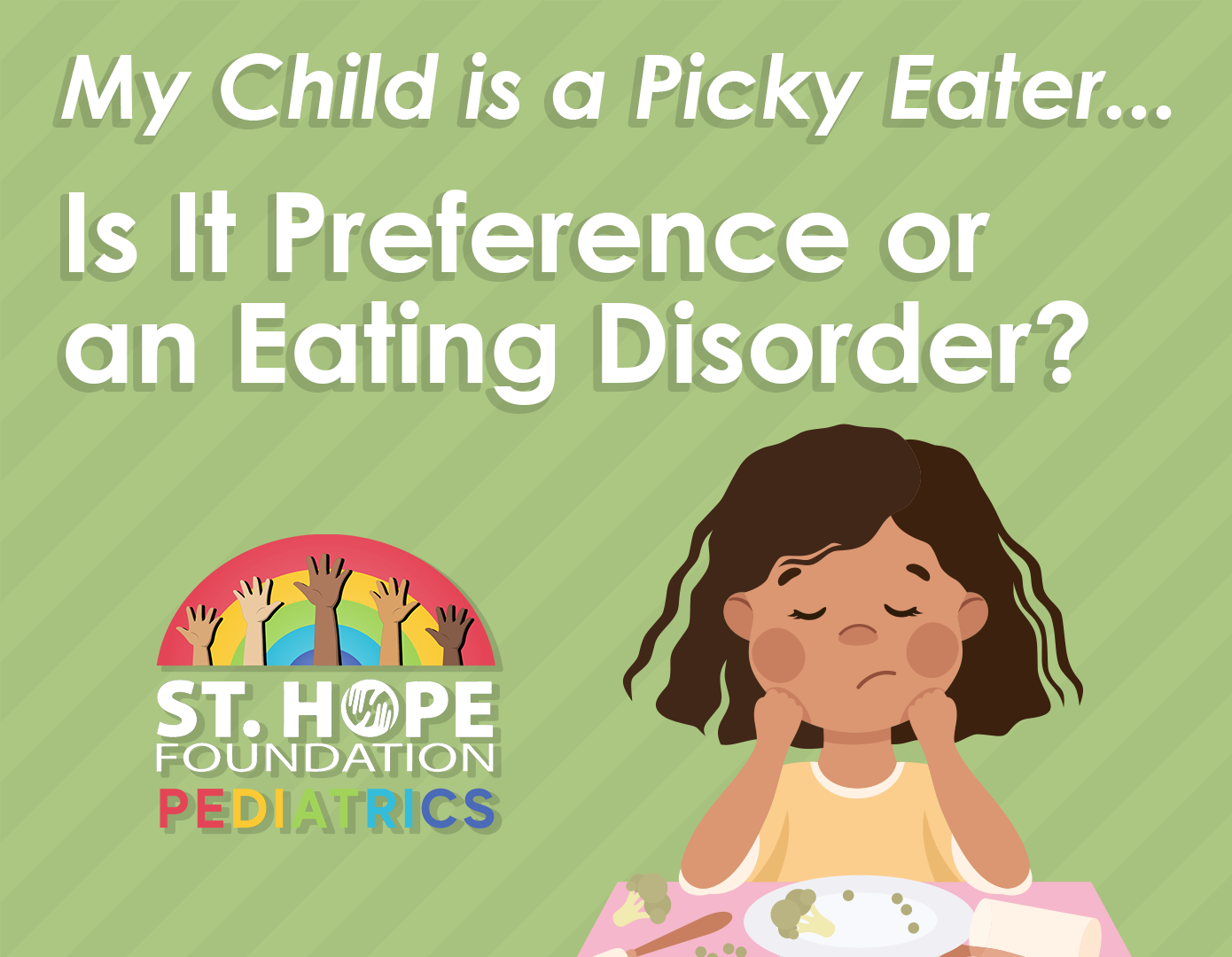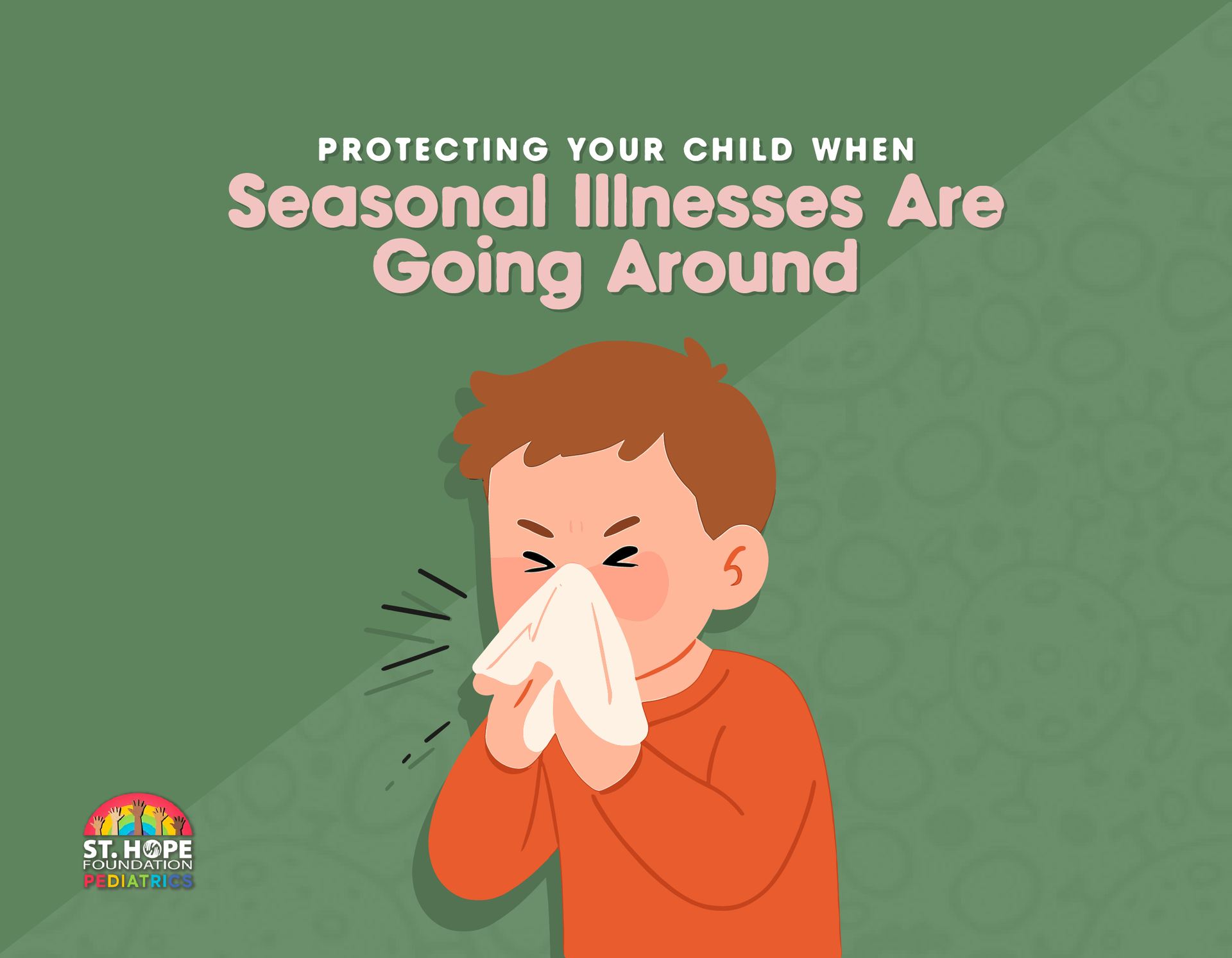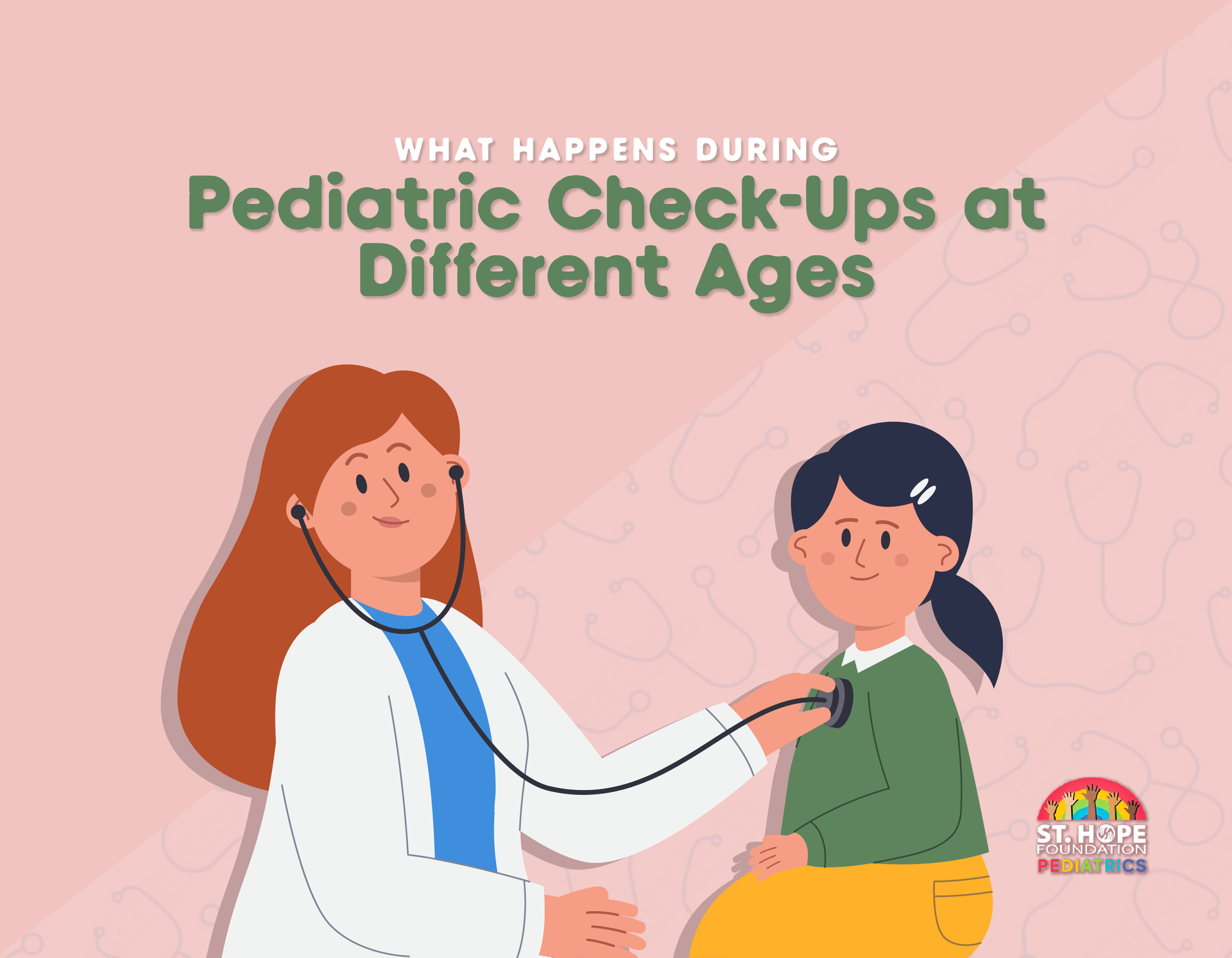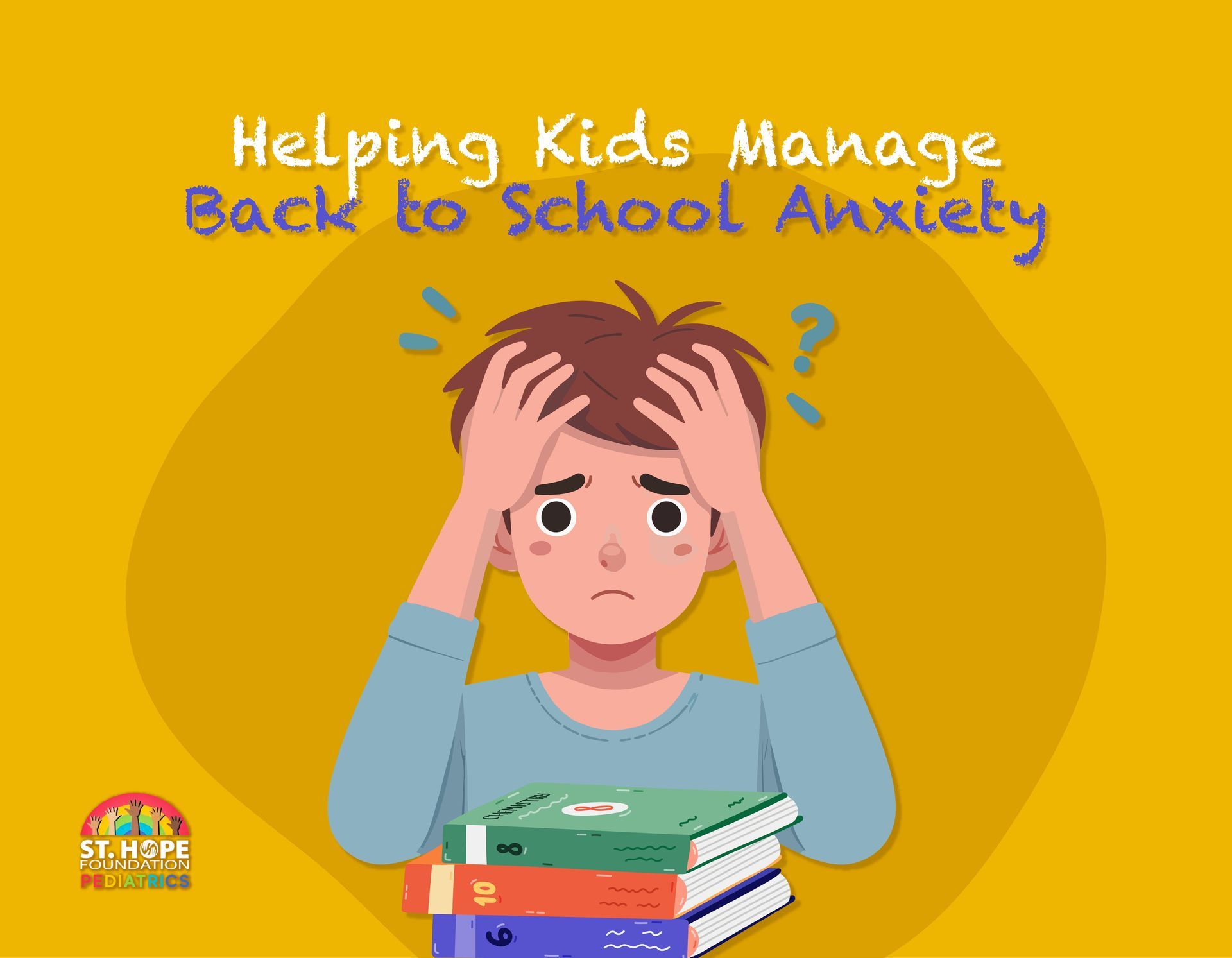My Child Is a Picky Eater… Is It Preference or Might It Be an Eating Disorder?

If you’re a parent, chances are you child is a picky eater. It’s not uncommon for toddlers and young kids to eat only some foods like French fries, peanut butter and jelly sandwiches and chicken nuggets. This is in part because they are still developing their taste preferences and may be wary of new foods or textures.
If your preschool child is used to a simple diet of apple sauce, simple carbs like toast and pasta and other “kid-friendly” foods, don’t be surprised when your invitation to try salmon and asparagus is met with resistance. This is a perfectly normal response and one that will likely subside as you slowly introduce new foods into your child’s diet. By the time your child becomes a teenager, their pickiness will likely have subsided and they will have developed a more adventurous palate.
However, you may be dealing with more than just fussy eating if your child refuses to try any new foods, even after repeated attempts at presenting it in a fun and creative way.
This may be a sign of Avoidant/Restrictive Food Intake Disorder (ARFID) or another underlying medical condition, and it's important to consult with your child's pediatrician for guidance on management strategies.
What Is Avoidant/Restrictive Food Intake Disorder?
Avoidant/Restrictive Food Intake Disorder (ARFID) refers to extremely selective eating. It affects both children and adults. The condition can be more difficult to spot in children due to the assumption the child is simply picky and will “grow out of it.”
Individuals with ARFID often restrict the amount or types of food they eat based on sensory characteristics of food, such as texture, color or smell or due to a lack of interest in food or negative past experiences with food.
For example, a child may avoid eating fish and meat because it smells “icky,” even if they have not had a negative experience with fish in the past. They may refuse to eat broccoli and other green vegetables because they associate the color with poisonous substances or bad experiences in the past.
Unlike anorexia, orthorexia or bulimia, individuals with ARFID aren’t preoccupied with their body weight or shape, but rather have a strong physical aversion to food, other than a limited number of foods.
How to Recognize ARFID in Children?
Recognizing Avoidant/Restrictive Food Intake Disorder (ARFID) in children can be difficult as some degree of picky eating is common in children. However, some signs and symptoms of ARFID in children include:
- Avoiding entire food groups, like meat, dairy or grains
- Persistent gagging or vomiting during meals
- Slow or poor growth
- Difficulty transitioning from baby food to solid foods
- Lack of interest in food
- Anxiety or distress around mealtimes
Limiting and avoiding most foods can cause your child to develop serious health problems like nutritional deficiencies, unwanted weight loss, impaired growth and frequent infections from a weakened immune system.
If you suspect that your child may have ARFID, it's important to seek guidance from a healthcare professional who can evaluate your child's symptoms and provide appropriate treatment.
Causes of Avoidant/Restrictive Food Intake Disorder
The exact causes of ARFID aren’t fully understood, but there are several factors that may contribute to its development. One possible cause is a sensory processing disorder, which can cause a child to have an exaggerated or distorted response to the sensory characteristics of food, such as texture, color, smell or taste. This can make certain foods unappealing or even intolerable to them.
ARFID can also develop due to a traumatic experience with food, such as choking, vomiting or a food-related illness.
Other possible causes of ARFID include gastrointestinal problems, such as acid reflux or Crohn’s disease, which can make eating certain foods uncomfortable or painful. Anxiety or other mental health conditions may also play a role in the development of ARFID, as children with anxiety may associate eating with feelings of discomfort or fear.
How Is AFRID Treated?
Your child’s pediatrician will likely work with a dietician and/or therapist to provide comprehensive treatment. The pediatrician can treat health problems like nutritional deficiencies or stunted growth, while a dietician can help develop a meal plan that addresses the child’s nutritional needs and food preferences.
A therapist can work with the child to address any underlying psychological or emotional issues related to food, such as anxiety or trauma. Treatment for ARFID typically involves a gradual exposure to new foods in a non-threatening and supportive environment, along with strategies to address any anxiety or aversions to specific textures or smells. In some cases, medication may also be prescribed to address underlying medical conditions or to manage symptoms such as anxiety or depression.
Are You a Houston Parent Concerned with Your Child’s Eating Habits?
At St. Hope Healthcare, our dedicated pediatricians are committed to helping children and families address concerns about their eating habits, including those related to ARFID. We offer a range of services, from medical evaluations and nutritional support to pediatric counseling and mental health services.
If you’re concerned about your child’s eating habits, we encourage you to schedule an appointment with one of our pediatricians. Our compassionate and experienced team is here to provide the support and guidance you need to help your child thrive.
To schedule an appointment at our Houston or Sugar Land office, call (713) 778-1300.













